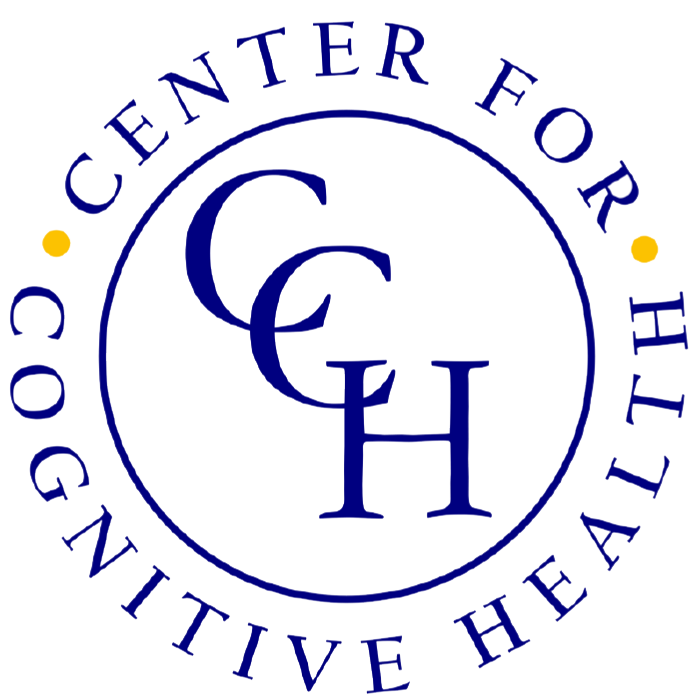What is a Concussion?
Concussions are mild traumatic brain injuries that can result from a blow to the head or a sudden jolt to the body. Proper treatment and management are crucial for a full recovery and minimizing long-term effects. Here is a 300-word summary on concussion treatment for patients:
- Immediate Rest: After sustaining a concussion, it’s essential to rest both physically and mentally. This means avoiding physical activities, sports, and mentally demanding tasks like reading or using screens. Resting allows the brain to heal
- Medical Evaluation: Seek medical attention promptly after a concussion, especially if symptoms are severe or if there is any loss of consciousness. A healthcare professional will assess the extent of the injury and provide guidance on the appropriate treatment plan.
- Cognitive Rest: Cognitive rest involves limiting activities that require intense mental focus, such as studying or working on a computer. This helps reduce cognitive strain and allows the brain to recover.
- Symptom Management: Over-the-counter pain relievers like acetaminophen may be recommended to manage headache and discomfort. However, avoid medications like ibuprofen or aspirin, as they can increase the risk of bleeding.
- Gradual Return to Activity: After the initial rest period, a healthcare provider may recommend a gradual return to physical and mental activities. This step-by-step approach ensures that symptoms do not worsen during the recovery process.
- Physical Therapy: For individuals with persistent symptoms, a physical therapist can help with exercises to improve balance, coordination, and overall physical function. These exercises can aid in the recovery process.
- Vestibular Therapy: If dizziness and balance problems persist, vestibular therapy with a trained therapist can be beneficial. This therapy focuses on addressing issues related to the inner ear and balance.
- Vision Therapy: Vision problems, such as blurred or double vision, can occur after a concussion. Vision therapy can help improve visual symptoms and reduce eye strain.
- Neuropsychological Evaluation: In some cases, a neuropsychologist may conduct an evaluation to assess cognitive function and identify any deficits. This can guide further treatment and rehabilitation.
- Psychological Support: Coping with the physical and emotional effects of a concussion can be challenging. Consider seeking support from a therapist or counselor to address any psychological aspects of recovery.
- Education: Patients should receive education about the importance of concussion management and the potential risks of returning to activities too soon. This knowledge can help prevent re-injury.
- Follow-Up Care: Regular follow-up appointments with a healthcare provider are essential to monitor progress and make adjustments to the treatment plan as needed.






